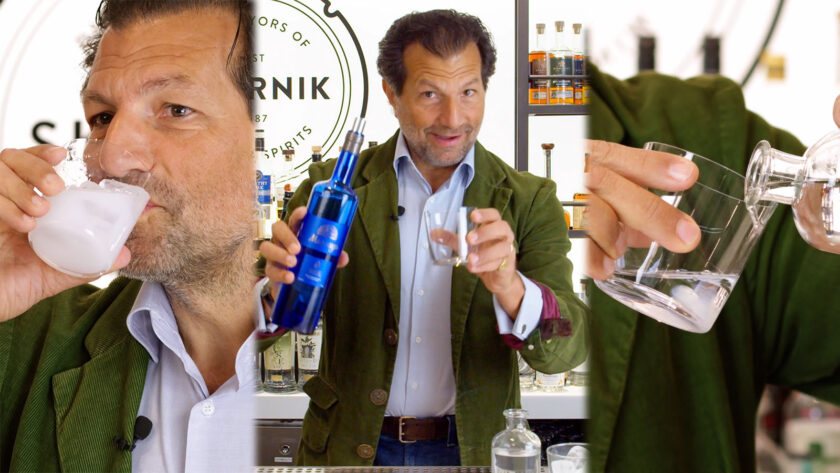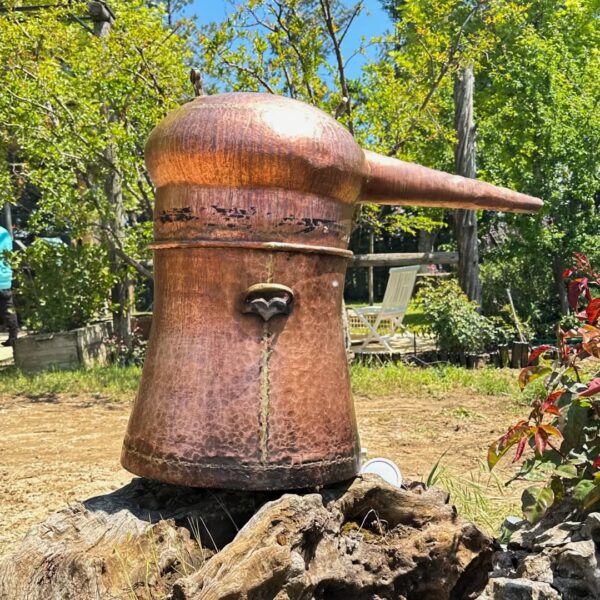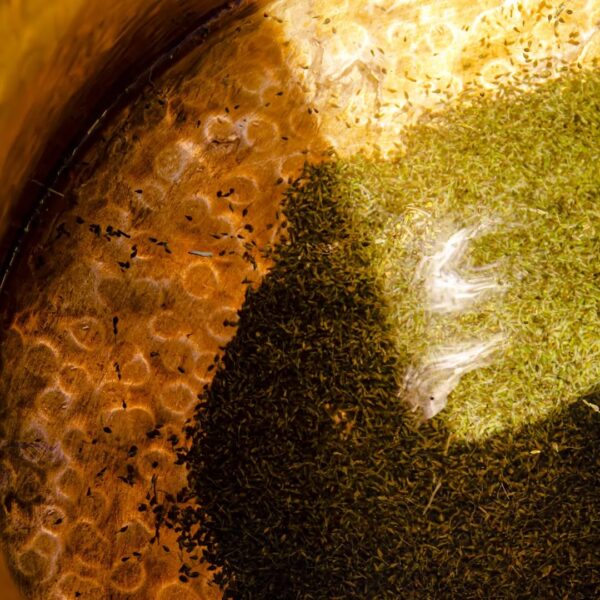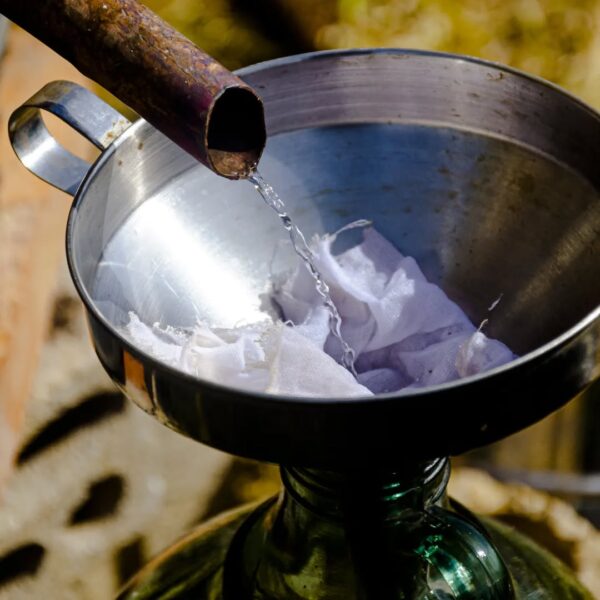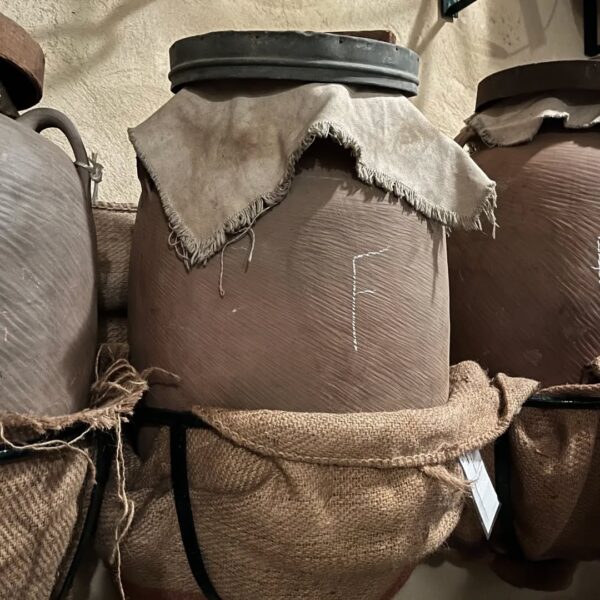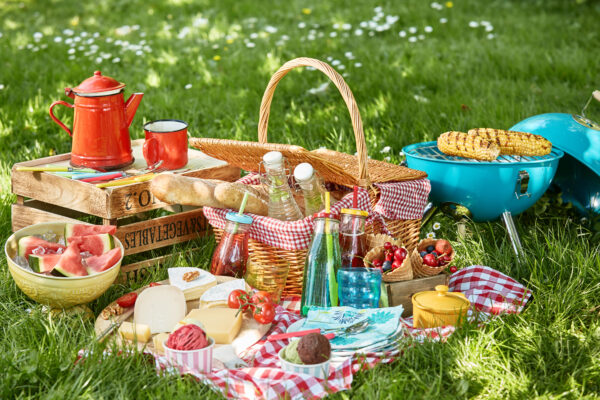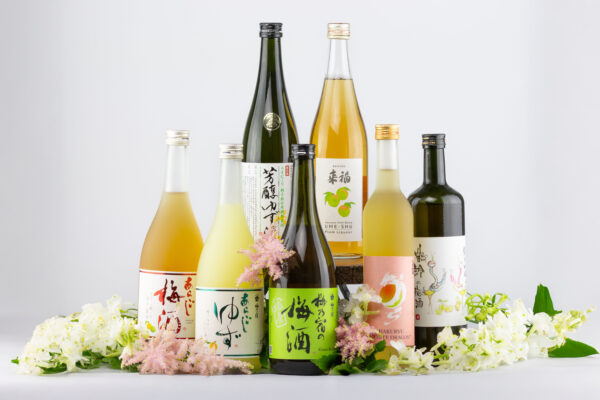What is Arak?
Arak is a time-honored spirit cherished throughout the Middle East, particularly in Lebanon, where it is an essential part of the culinary and cultural heritage.
Known for its refreshing and palate-cleansing anise-based flavor and aroma, arak is typically produced as a distillate of indigenous Mediterranean grapes (though dates, plums, and figs may also be used). Considered the national drink of Lebanon, arak literally means “perspiration” in Arabic, a fanciful description of the way the liquid looks as it condenses coming off the still. Arak is also known as the “milk of lions” for the way the anise oil, which dissolves in alcohol, becomes milky white in the presence of water (a process known as louching).
With its characteristic licorice-like flavor and silky-smooth texture, arak has long been celebrated for its refreshing qualities and its role as a perfect complement to mezze, the vibrant assortment of dishes that define Lebanese cuisine. Arak is the higher-proof, regional cousin to European favorites like sambuca, ouzo, and pastis.
The History of Arak: A Tradition Passed Through Generations
The origin of arak stretches back thousands of years, and its roots are deeply entwined with the winemaking traditions of the ancient Phoenicians, who inhabited present-day Lebanon. These pioneering seafarers not only developed advanced viticulture techniques but also played a crucial role in spreading their knowledge of fermentation and distillation across the Mediterranean and beyond.
Historically, arak was an integral part of a resourceful winemaking process. In a tradition that emphasized sustainability long before it became a global concern, Lebanese winemakers would press their grapes for wine in the autumn and reserve a portion for distillation. The resulting spirit was then aged in earthenware jars, allowing it to develop the smooth, complex character that defines high-quality arak.
The Craftsmanship Behind Massaya’s Arak
There is a saying in Lebanon: “The better the wine, the better the arak.” This philosophy is at the heart of Massaya. Nestled in Lebanon’s fertile Beqaa Valley, Massaya is renowned for its commitment to tradition, quality, and environmental responsibility.
Massaya’s arak begins with the finest hand-harvested Obeïdi grapes, a native Lebanese variety prized for its delicate aromas and balanced acidity. The distillation process follows a meticulous series of steps:
- Fermentation – The Obeïdi grapes are first fermented into wine, reaching an alcohol content of 13%.
- Distillation – The wine is distilled in traditional lidded copper pot stills to create brouilli, a low-grade alcohol of about 45% ABV.
- Second Distillation – The brouilli is distilled a second time, yielding a higher-proof alcohol (around 65%).
- Infusion with Anise – The resulting spirit is then infused with hand-selected green aniseed from the village of Hiné and distilled a third time, bringing it to about 70% ABV.
- Aging – The final distillate is transferred into special clay vessels sourced from Beit Chabab. Here, the spirit undergoes a crucial resting period for approximately 2 years during which the angel’s share—the evaporation of low-density alcohol—naturally refines the arak, making it exceptionally smooth and luxurious.
- Bottling – After sufficient aging, the arak is carefully diluted with water to 50% ABV and bottled in Massaya’s signature blue bottle, a symbol of quality and authenticity.
Enjoying Arak: The Traditional Lebanese Way
Typically mixed in a 1:2 ratio with water and served as a palate-cleansing accompaniment to mezze (the parade of small, often intensely flavored dishes that are the centerpiece of Lebanese cuisine), arak is distilled to a relatively high ABV, which also makes it ideal for cocktails as either a base spirit or modifier (often substituted for absinthe). In Lebanon, the choice between wine and arak often follows the seasons. While wine is a staple during the colder months, arak takes center stage in the summer, offering a crisp, palate-cleansing experience that harmonizes with the warmth of Mediterranean evenings.
Massaya: Tradition Meets Excellence
Massaya’s approach to arak is rooted in authenticity, sustainability, and an unwavering commitment to excellence. By prioritizing local ingredients, traditional techniques, and minimal environmental impact, Massaya has set a high standard in the world of spirits. Their dedication to preserving Lebanese heritage while embracing modern precision makes them an exciting addition to the Skurnik Wines & Spirits portfolio.
For those new to arak, Massaya provides an ideal introduction—an opportunity to experience a centuries-old tradition through the lens of a producer that respects both history and innovation. Whether sipped alongside a mezze spread or enjoyed as a leisurely digestif, Massaya’s arak invites drinkers to explore the rich flavors and storied past of one of Lebanon’s most treasured spirits.

Distilled by Massaya at their Tanaïl property in the Beqaa Valley, Massaya Arak is a traditional anise spirit made from indigenous Obeïdi grapes and green aniseed. Typically mixed in a 1:2 ratio with water and served as a palate-cleansing accompaniment to mezze (the parade of small, often intensely flavored dishes that are the centerpiece of Lebanese cuisine), arak is distilled to a relatively high ABV, which also makes it ideal for cocktails as either a base spirit or modifier (often substituted for absinthe).
- Anise-flavored spirit distilled by Massaya at the Massaya Tanaïl property in Beqaa Valley, Lebanon
- Base eau-de-vie distilled from dry-farmed, indigenous white Obeïdi grapes grown on Massaya’s Faqra property in Mount Lebanon and harvested from late-September into early October
- Grapes are mechanically crushed and the juice is fermented in stainless steel using indigenous yeast
- Distilled three times in lidded copper pot stills fabricated by the Tartoussi family in Tripoli
- Stills are heated by vine wood; fresh green aniseed is added to the final run
- The aniseed is grown using organic practices in the village of Hiné on the Syrian slopes of Mount Hermon
- Aniseed is macerated in the eau-de-vie for approximately 15 hours before the third distillation
- The final distillate is aged for approximately 2 years in 70-liter clay amphorae made by potters in the Mount Lebanon village of Beit Chebab
- Proofed with well water from the estate before bottling
- Medium-bodied, dry and persistent, with notes of bright green fennel and shades of anise accentuated with spearmint and spicily pungent black licorice, supported by a waxy mouthfeel
- No added sugar
- Non-chill filtered; 50% ABV




